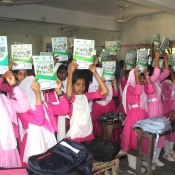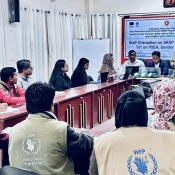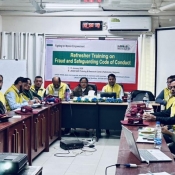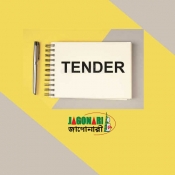Divisional Consultation in Barisal Paves the Way for National Disaster Preparedness Plan 2026–2030
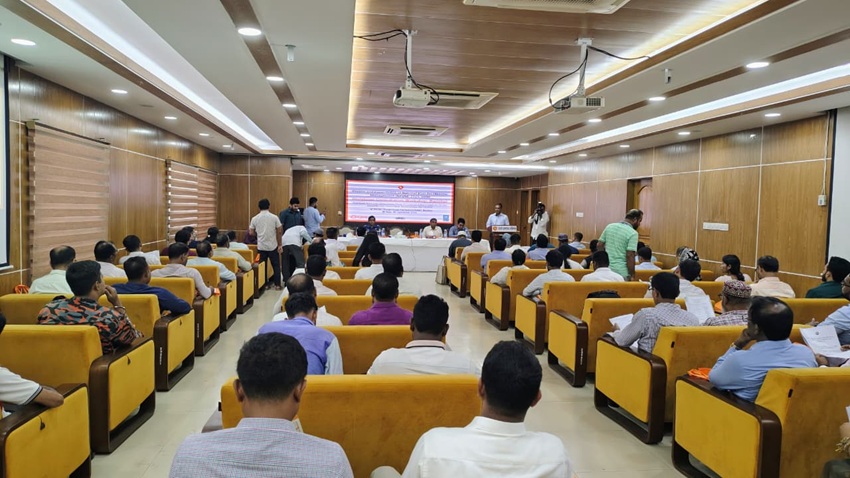
Barisal, September 8, 2025: A significant step toward shaping Bangladesh’s future disaster management framework was taken yesterday at the Circuit House Conference Room in Barisal, where government officials, disaster management experts, academics, and community representatives gathered for a divisional consultation workshop. The event was organized with the support of JAGO NARI and CARE Bangladesh as part of the nationwide consultation process for formulating the National Plan for Disaster Management (NPDM) 2026–2030.
The consultation brought together diverse voices to ensure that local realities, grassroots perspectives, and community-driven solutions are reflected in the national disaster preparedness agenda.
The workshop was graced by Chief Guest Mohammad Delwar Hussain, Deputy Commissioner and District Magistrate of Barisal, who emphasized the urgency of inclusive and practical planning to protect vulnerable populations from recurring disasters such as cyclones, floods, and river erosion. He noted that the resilience of Bangladesh depends not only on policies but also on meaningful participation from communities at risk.
The session was chaired by Asim Chandra Banik, Deputy Secretary of the Ministry of Disaster Management and Relief, who highlighted the importance of collaborative processes in developing the NPDM. He underscored that the new plan must prioritize anticipatory action, stronger early warning systems, and localized preparedness measures that empower people on the frontlines of disasters.

Delivering the keynote address, Kaiser Rezve, Director of the Humanitarian and Resilient Futures Program at CARE Bangladesh, drew on years of field experience to outline the pressing challenges and opportunities in disaster risk reduction. His presentation highlighted the need to link community voices with policy frameworks, strengthen local institutions, and foster innovation in preparedness, such as cash and non-cash response mechanisms, livelihood protection, and youth leadership in resilience building.
The event also provided a platform for rich and interactive dialogue. Hosne Ara Hasi, Chief Executive of JAGO NARI, and Professor Dr. Ahmed Parvez, Chairman of the Department of Environmental Science and Disaster Management at Patuakhali Science and Technology University (PSTU), along with other sector specialists and community leaders, actively shared their insights. Discussions centered on improving early warning dissemination, identifying vulnerable groups, protecting livelihoods, and ensuring that disaster management strategies are both inclusive and sustainable.
The open discussion session, facilitated by Md. Fuad Ur Rabbi, Program Coordinator at CARE Bangladesh, generated vibrant exchanges among participants. Community representatives and local officials described firsthand experiences of disaster response, while experts proposed innovative approaches to reduce risk and enhance resilience. The dialogue demonstrated the strong commitment of all stakeholders to making disaster management not only more effective but also more people-centered.
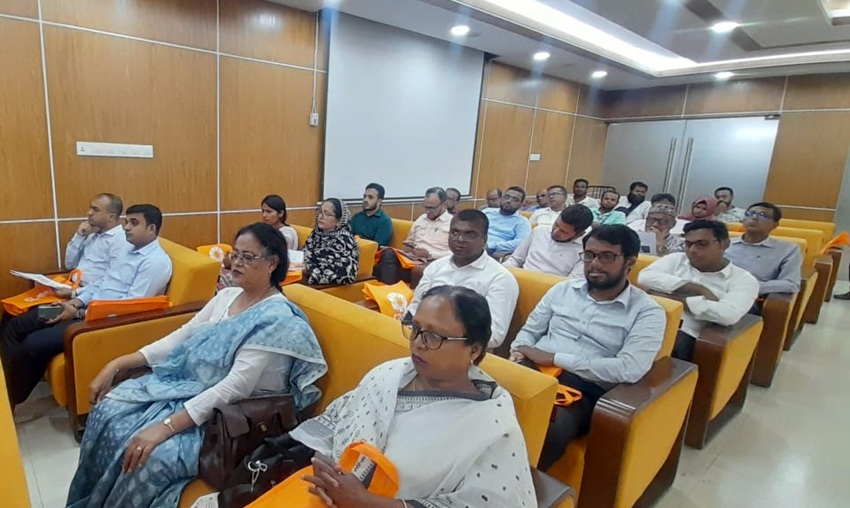
In concluding remarks, Chief Guest Mohammad Delwar Hussain reflected on the spirit of collaboration that defined the day’s proceedings. He stressed that the NPDM 2026–2030 should not be seen as a mere government document but as a living framework shaped by the aspirations, experiences, and knowledge of Bangladesh’s people.
The workshop ended on a note of shared purpose and optimism. With diverse stakeholders working hand in hand, the Barisal consultation has set a strong precedent for inclusive policymaking that seeks to build a resilient, disaster-ready Bangladesh, better prepared to safeguard its communities in the face of future crises.
Hasan Shahriar, JAGO NARI Newsroom/9.9.2025/
Published on: Tuesday, 9 September 2025, 07:45 pm ▪ Total View of this Page: 606



